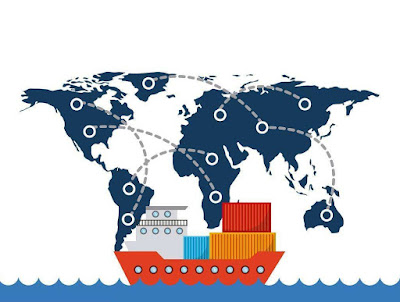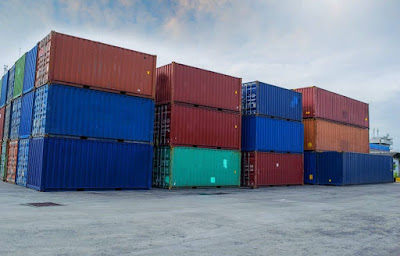DIGITIZATION WILL HELP IMPROVE PORT PRODUCTIVITY AND PROFITABILITY

PORT PRODUCTIVITY IS GENERALLY EVALUATED BASED ON THE NUMBER OF CONTAINER MOVES PER HOUR. When comparing the first half of this year’s performance to 2017’s, there has been a 4% decrease in port productivity, which means vessels spent 70,000 extra hours in ports earlier this year. Each additional hour a vessel spends in a port could cost approximately $2,500. With 70,000 extra hours during the first-half of 2018, the growing size of vessels calling ports, the number of containers being exchanged with each port call, and the idle vessel fleet being at a low-point for 2018, the additional costs for the logistics industry could total more than $175 million. Terminals are limited in their capacity to handle larger vessels. Physically adding more cranes may not be possible, or may be highly-challenging, for some terminals. To increase productivity, terminals must focus on and consider alternative solutions. DIGITIZATION IS ONE KEY SOLUTION THAT COULD HELP IMPROVE COLLABORATION AN...

